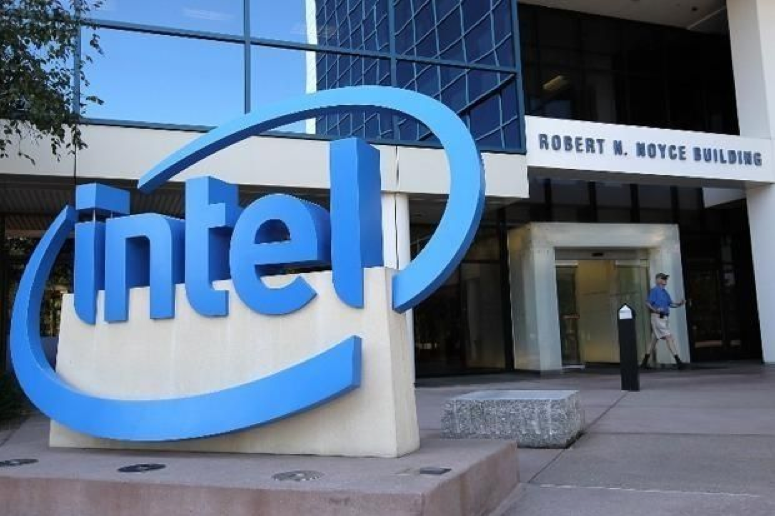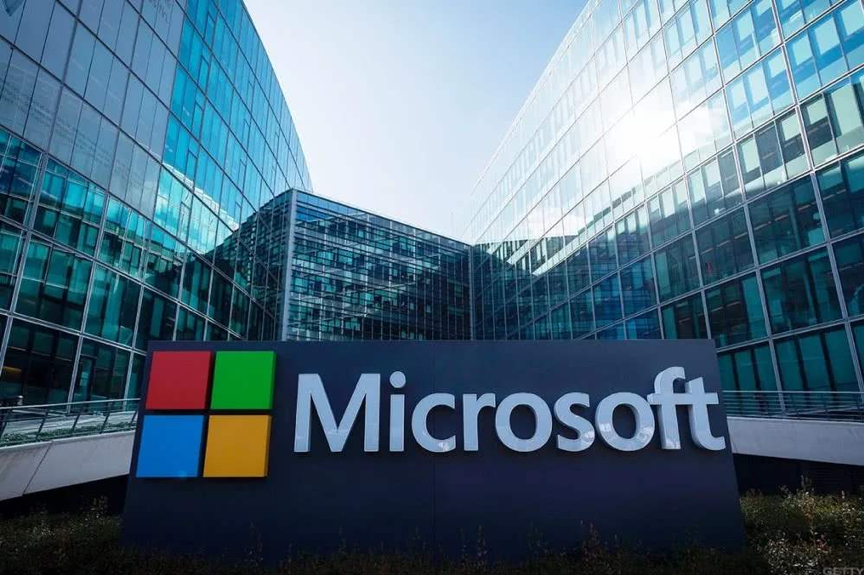McAfee 30 years of ups and downs: Behind the listing of the originator of anti-virus software, is the golden age of the industry gone forever?
Antivirus software company McAfee was listed on the Nasdaq on October 22, but the news that its founder of the same name, John McAfee, was arrested and imprisoned on October 3, robbed it of the limelight ahead of time. .
Since its official establishment in the United States in the 1980s, McAfee, as the "father of anti-virus software", has played a vital role in the development of McAfee.
Obviously, however, the turmoil of public opinion that McAfee had set off before did not affect McAfee's listing process-McAfee sold McAfee to Intel at a high price in 2010, and currently he has no connection with McAfee.
When the public's attention shifted from the negative news-ridden McAfee to McAfee itself, the world's largest professional security technology company, it was quickly discovered that under the ups and downs of McAfee, the anti-virus software industry was shuffled and sinking.
Even if the current veteran anti-virus company McAfee has successfully made its way to an IPO, in the promotion strategy of free exchange of traffic and the development wave of mobile devices replacing PCs, the anti-virus software that has lost its usefulness, can it regain its former glory?
"Father of Antivirus Software" Destruction
McAfee's founder, McAfee, is a 75-year-old man. He was born in the United Kingdom and moved to Silicon Valley in the 1970s. He has worked for many technology companies, including NASA's Space Research Institute, Omex, and Lockheed.
But his real fortune was in the 1980s. In 1986, the first computer virus broke out on PCs. McAfee read these new programs that infiltrated the computer and decided to create his own company to fight back.
In 1989, he developed the first set of commercial anti-virus software McAfee in the United States, which sells well all over the world. He has since become the "father of antivirus software."
"Father of Antivirus Software" John McAfee
However, the "father of anti-virus software" has always been accompanied by negative reports in the news in the past half a century: he was listed as a suspect by the police, and he “lived” his escape life on his blog with high profile, and invested in Twitter fans. The author recommends the "worthless" token ICO for profit...All kinds of behaviors all show that he has never been a fuel-efficient lamp.
Who would have imagined that such an unparalleled McAfee, eventually came to the situation of imprisonment.
First, the US Securities and Exchange Commission (SEC) filed a civil lawsuit against McAfee, and then the US Department of Justice filed criminal charges. Finally, the U.S. federal prosecutor read the indictment of the Department of Justice, claiming that he made millions of dollars in income by promoting cryptocurrency, consulting work, speaking, and selling the copyright of his documentary "Life Story". From 2014 to 2018, he did not file any tax returns and concealed assets including real estate, cars and yachts in the name of others.
Currently, McAfee is detained and awaiting extradition. He faces five charges of tax evasion, each with a maximum penalty of 5 years in prison, and five charges of "intentional non-reporting of taxes", each with a maximum penalty of 1 year in prison.
A week before his arrest, McAfee, the company with the same name as him, just filed an IPO application with Nasdaq under the code "MCFE". Morgan Stanley, Goldman Sachs, TPG Capital, Bank of America Securities and Citigroup will act as this. The lead underwriter of the IPO.
According to financial data released by McAfee, as of the end of June this year, the company's net revenue was US$1.401 billion, and its net revenue in fiscal year 2019 was US$2.635 billion; net profit was US$31 million, and its net loss in fiscal year 2019 was 236 million. U.S. dollars, net profit of 31 million U.S. dollars.
Interestingly, McAfee also stated that he has no intention of paying dividends after the IPO, putting on a flamboyant style of spending money like earth.
It is reported that the SEC is seeking to impose civil penalties on McAfee and return illegal income and interest. The agency also hopes to permanently ban him from serving as an executive or director of any listed company or any company that reports to the agency.
However, judging from the status quo, the news of the founder’s arrest did not affect McAfee’s listing process, because as early as 2010, McAfee sold McAfee to Intel at a high price. The Ministry of Justice also made it clear that the allegations were only Limited to McAfee personally, they did not find any connection with the "anti-virus company named after him".
Behind the ups and downs of McAfee is the decline of the entire industry
In fact, when it comes to anti-virus software, it feels like a world away. McAfee's ups and downs also reflect the development dilemma of the anti-virus industry.
Ten years ago, Intel acquired McAfee for $7.68 billion, which became a wholly-owned subsidiary of Intel and part of the Intel Security business. At that time, Intel believed that "in the future, security will become the third major determinant of computer performance."
It's a pity that things backfired. The original intention of Intel's acquisition of McAfee was to integrate network security functions into the chip to detect network threats at a deeper level. However, Intel’s business integration with McAfee is not smooth, and McAfee’s strongest software business has not been integrated into Intel’s main business.
In addition, the big environment of computing equipment has also changed a lot. Because of the rise of mobile devices such as mobile phones, people are becoming more accustomed to using mobile phones and tablets instead of personal PCs. In this process, the necessity of anti-virus software and other security products that are compatible with PC equipment has also weakened.
On the other hand, because McAfee itself did not perform as well as expected, even McAfee even said in an interview with the BBC, “Now I have to thank Intel very, very much, because it finally made me from the worst on the planet. Released from the software. This is not my voice, but the voice of millions of users."
Intel had to choose to sell 51% of McAfee's equity to the well-known private equity investment company TPG (Detai Investment) in 2016 for US$1.1 billion to make it independent again. McAfee is valued at $4.2 billion after the transaction, which also includes debt.
Of course, the independent operation after being acquired by TPG also laid the groundwork for McAfee's further development. Moody's Investors Service, a bond rating agency, said that McAfee's core cybersecurity software business focused on consumers in the next few years has grown through price increases, new partner programs, and good customer retention. Although the company's other weak businesses have partially offset the development of the network security business, it still remains competitive.
This is reflected in the fact that McAfee finally achieved profitability this year—under the new security threats and challenges spurred by the emergence of cloud computing, and the impact of the epidemic, McAfee has more than 600 million in the world in the first half of 2020 alone. Each device uses its security protection software.
The documents submitted by the company also show that as of June 27, in the first six months of this year, the company's net income was US$31 million and revenue was US$1.4 billion. In the same period last year, the company lost $145 million and had revenue of $1.3 billion. As of June 2 this year, the company has more than 6,850 employees worldwide. The company also has a high leverage ratio. As of June 28, its long-term debt amounted to US$4.7 billion.
Because of the affirmation of rating agencies and the fact that McAfee has finally achieved profitability, it has the opportunity to be listed on the Nasdaq again, but I did not expect it to be eventually grabbed the headlines by the founder's scandal.
From the ups and downs of McAfee, it is not difficult to see the reality of the shuffling and sinking of the anti-virus software industry. At the end of last year, perhaps out of the need to go public, McAfee offered an olive branch to its old rival Norton LifeLock (formerly Symantec), hoping to merge with its consumer business.
And Symantec also changed its name to Norton after selling its corporate security business to Broadcom for $10.7 billion, and it mainly sells Norton anti-virus software and identity theft protection product LifeLock. The old rivals met with each other with a smile and grudges, but behind it was the pain caused by the tremendous changes in the industry.
The golden age has passed, where is the future?
To a certain extent, the development of viruses and anti-virus software is like a pair of companions.
If the brains and small balls of the last century were only popular versions of viruses, then the macro virus in 1998, CIH in 1999, the love letter in 2000, the shock wave in 2003, the panda burning incense in 2007, and the beginning of the new century Conficker ushered in the golden age of antivirus software.
Correspondingly, the rise of giants such as Rising, Jiangmin, and Jinshan led the millennial wave of antivirus software. Unlike Kaspersky’s hardcore charging, 360 relies on the free exchange of traffic promotion strategy to kill the Quartet. Subsequently, Jinshan, Rising, and Jiangmin were forced to submit, and antivirus software entered the free mode.
In the second decade, there are also ransomware viruses such as Eternal Blue. However, the era of antivirus software has slowly ended. Traditional giants have moved around, marked by Baidu's announcement of the Golden Basin to wash hands, but the upstarts such as cows and shells are absent. Tinder forcing Tencent Computer Manager to admit mistakes is only a flash in the pan and cannot change the industry's decline.
With the re-emergence of Microsoft, Microsoft started from Windows 8, relying on the Defender pre-installed in the system by default to directly complete the unification of the world. And in the latest AVTEST, Windows Defender is close to full marks, the shot is the peak.
Then, on the one hand, Microsoft blocked the PC device updates of Symantec and Norton anti-virus software, while keeping up with the times, released the public preview version of Defender based on Android.
On the desktop, anti-virus software has lost its former glory. With the rise of the mobile Internet, mobile devices such as mobile phones have lost use of anti-virus software.
Regardless of whether iOS or Android compares to desktop Windows, its security mechanisms are more complete. Needless to say, iOS, Apple even forbids products that claim to be anti-software from the App Store, which mechanically eliminates most of the chances of running unknown code. Code that can run with the help of vulnerabilities (such as jailbreaking) is not something that anti-virus can block. . Although Android is open, it also has a stricter installation package management mechanism than Windows.
Perhaps the era of anti-virus software is gone, but the situation of network security is still grim. From the example of Microsoft, we can see a certain kind of background and strength. In the future era, what is really convincing is the hard core of advancing with the times and the innovation of transformation and iteration.
After all, the battle ahead will be lost, but the art of war is never out of date.



Comments
Post a Comment